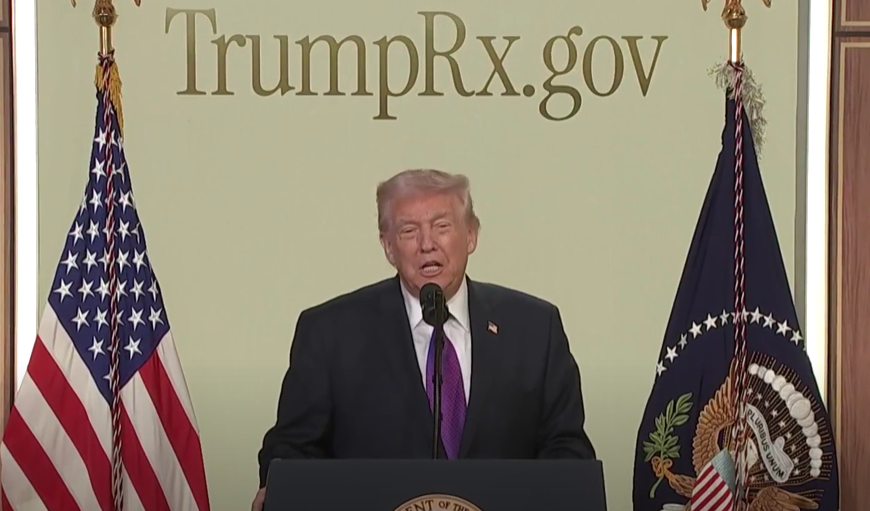Breaking: A U.S. Court Just Stopped Trump’s Tariffs, and Stocks Are Soaring!
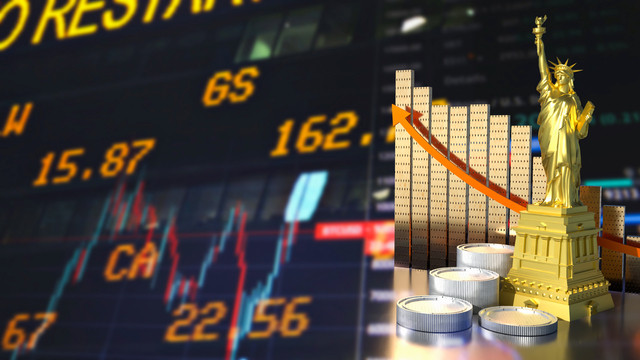
The U.S. court made a bold move to stop President Donald Trump’s latest trade plan.
On May 29, 2025, the U.S. Court of International Trade ruled that Trump’s sweeping tariffs, meant to reshape America’s trade relationships, were not legal.
This decision sent shockwaves through businesses, governments, and stock markets worldwide, creating both relief and uncertainty.
U.S. Court Blocks Trump Tariffs
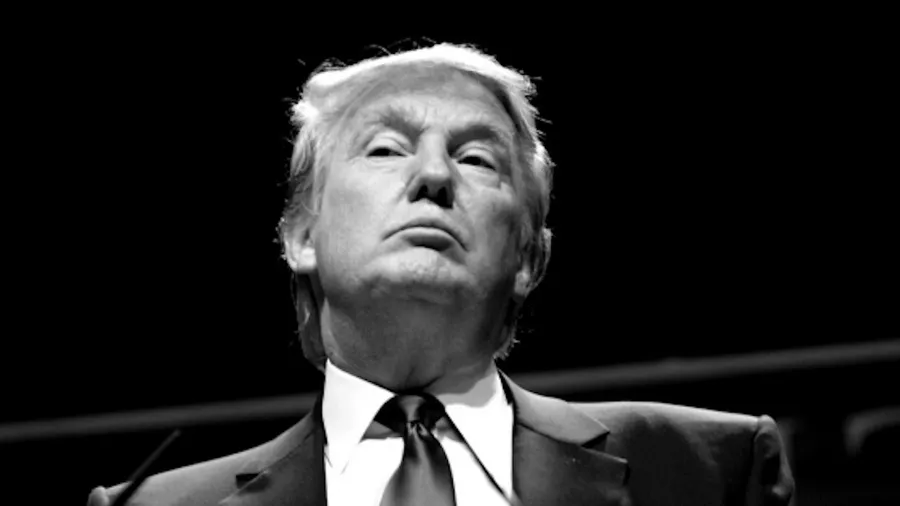
Why did the U.S. Court block Trump tariffs, and what law was at the center of the dispute?
Trump announced his “Liberation Day” tariffs on April 2, 2025, placing a 10% tax on nearly all imports to the U.S. and higher tariffs, up to 145% in some cases, on countries like China, Mexico, and Canada.
He claimed these taxes would boost American jobs and fix trade imbalances, calling the trade deficit a “national emergency.”
The tariffs were based on the International Emergency Economic Powers Act (IEEPA), a law meant for extreme situations like national security threats.
However, the court, led by judges appointed by Presidents Reagan, Obama, and Trump himself, said the law didn’t give Trump the power to impose such broad tariffs.
The judges explained that only Congress, not the president, has the authority to set trade taxes under the U.S. Constitution.
This ruling stopped most of Trump’s tariffs, including the 10% universal tariff and specific levies tied to issues like drug trafficking.
How Markets and Businesses Reacted
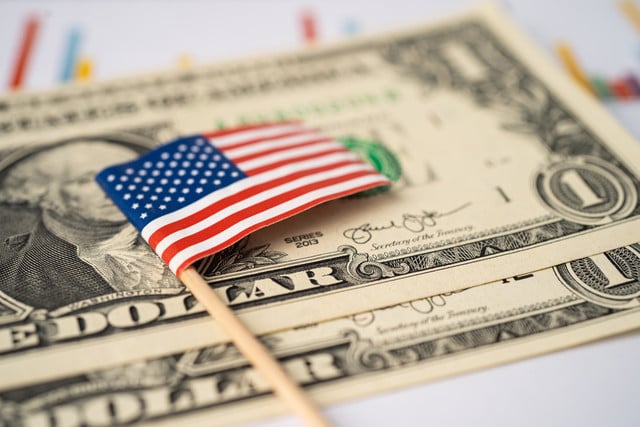
The news was a game-changer for financial markets. After the ruling, U.S. stock futures soared, with the S&P 500 futures jumping 1.4% and Nasdaq futures climbing nearly 2%.
The U.S. dollar also gained strength against currencies like the euro and yen. Businesses, especially small ones, breathed a sigh of relief.
Companies like a New York wine importer and a Virginia educational kit maker, who filed lawsuits against the tariffs, said the taxes were hurting their ability to operate.
For example, V.O.S. Selections, a wine importer, warned that the tariffs could destroy their business. The court’s decision gave these businesses hope, though the Trump administration quickly filed an appeal, meaning the fight isn’t over yet.
What’s Next for Trade and Trump’s Plans
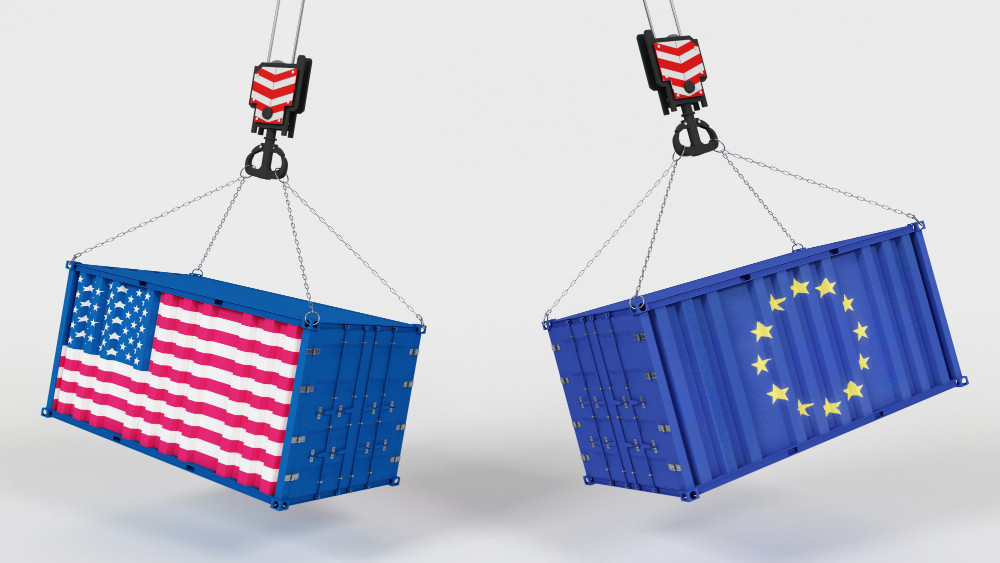
The ruling doesn’t affect all of Trump’s tariffs. Taxes on specific industries like steel, aluminum, and autos, which use a different law, are still in place.
However, the decision weakens Trump’s strategy to use tariffs as a tool to force other countries to negotiate trade deals. Without this leverage, the administration may need to rely on slower, more complex trade investigations.
The appeal process could take the case to the U.S. Court of Appeals or even the Supreme Court, leaving businesses and global trade partners in limbo.
Meanwhile, countries like Japan and South Korea are watching closely, with some leaders saying the ruling might encourage more reasonable trade talks.
For now, the global economy is left navigating a mix of relief and uncertainty as Trump’s trade war faces a major setback.
